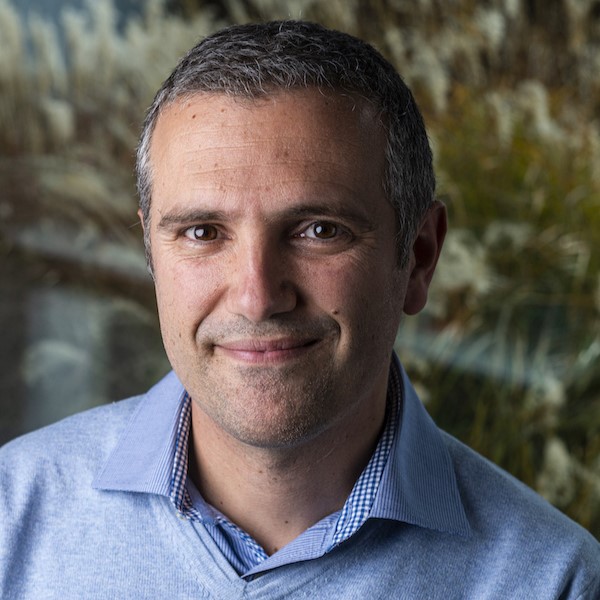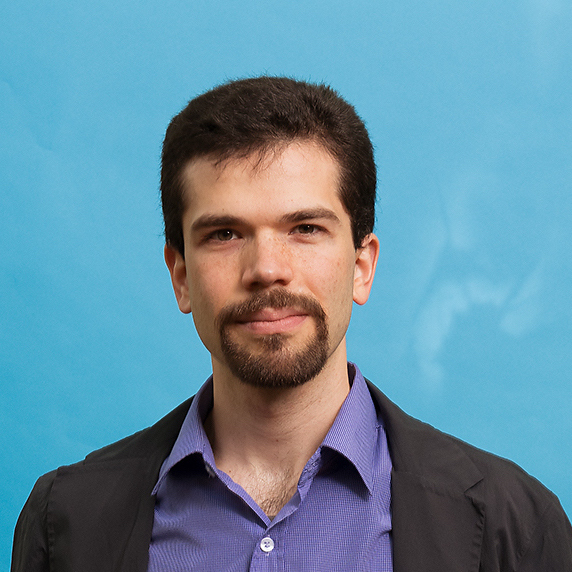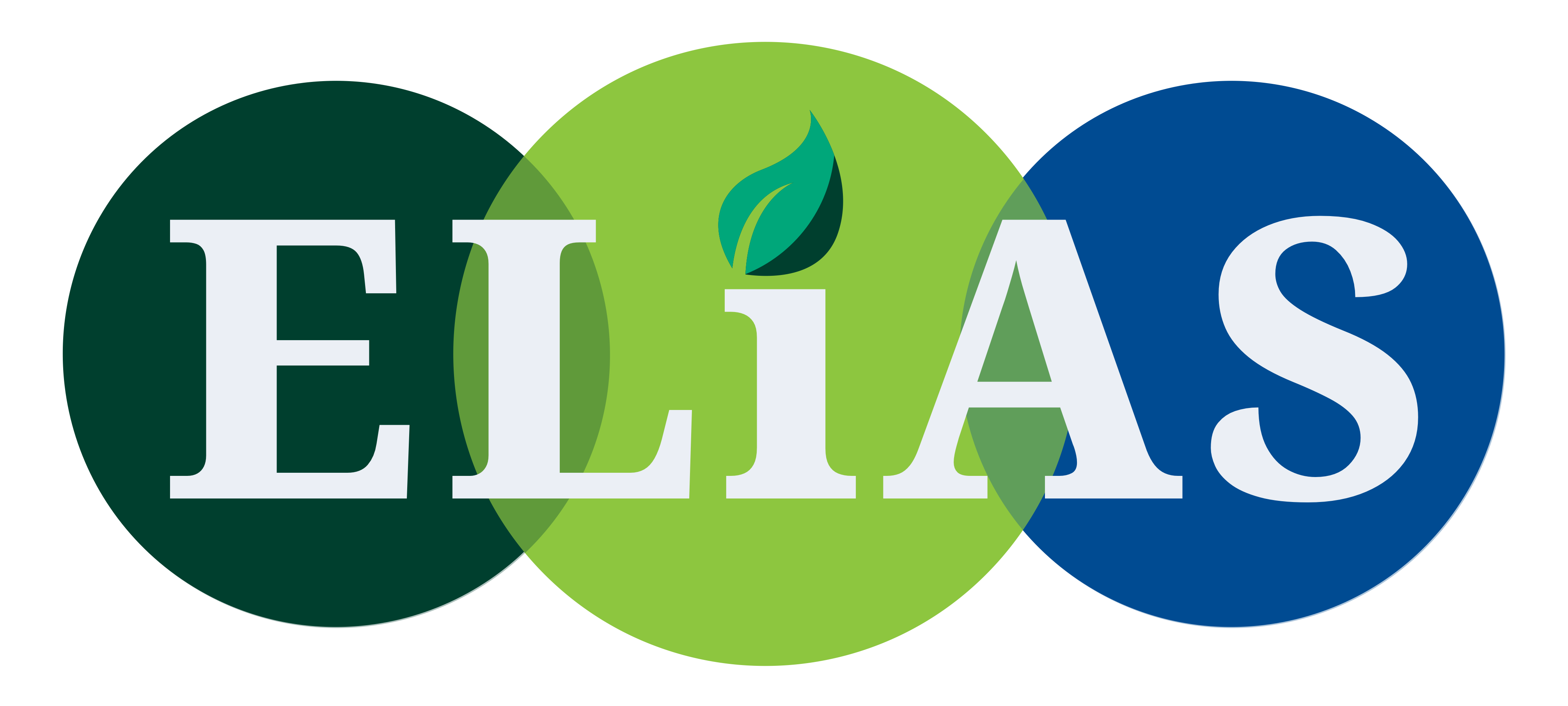The ELLIS Doctoral Symposium (EDS) is coming back this summer and celebrates its fourth edition in Paris, France. Join us from August 26 to 30 for a week filled with science, networking opportunities, and croissants.
🎓 What is EDS?
The ELLIS Doctoral Symposium is the highlight of the year in the ELLIS PhD Program. It’s an annual conference for ELLIS PhD students and other PhD students to meet in person and share knowledge about machine learning. The main topic of this year is AI & Sustainability.
👥 What to Expect?
Poster & tooling sessions, keynote speakers, industry fair, social events, and more!

Important Dates
- April 2: Applications open for ELLIS students/postdocs & those conditionally accepted into the program.
- May 3: Applications close.
- May 22: Acceptance emails are sent to eligible applicants (with payment instructions) + second round of applications opens for non-ELLIS participants.
- June 5: Second round closes.
- June 14: Acceptance emails are sent to eligible applicants (with payment instructions).
- June 30: Deadline for payment (first and second round).
The EDS Mobility Grants
There are three different ways for students to obtain travel funding:
- ELIAS: For participants employed by an ELIAS Beneficiary (see list in the terms and conditions). Limited funding is also available for non-ELIAS beneficiaries.
- ELSA Grant: See this link for the terms and conditions and how to apply.
- Sponsor Grant: G-Research, one of our silver sponsors, is offering a Mobility grant of 4000 euros to cover travel and accommodation for selected applicants. Contact Charles Martinez (charles.martinez@gresearch.com) with your CV and a short cover letter. Email title should be: “Request for EDS ELLIS travel fund”.
*Please note that double funding is not allowed.
Keynote Speakers

Rita Cucchiara
Learning, Unlearning, and Relearning
Abstract: The concept of “Learning, Unlearning, and Relearning” encapsulates a dynamic approach to knowledge acquisition and adaptation, crucial for both human cognition and artificial intelligence systems. Learning involves acquiring new information or skills, while unlearning refers to the process of discarding outdated or erroneous knowledge, and relearning entails reacquiring knowledge in a new or updated form. This process is not merely about forgetting but about restructuring understanding to accommodate new insights and perspectives. In machine learning and computer vision, unlearning presents unique challenges and opportunities. Machine unlearning refers to the ability to remove specific data from a model without degrading its overall performance. This capability is essential for addressing legal, ethical, and personalization issues. Techniques for unlearning in AI include the removal of data points, features, classes, or entire concepts from datasets. These methods aim to maintain model utility while ensuring the elimination of unwanted or harmful knowledge. Emerging methods in machine unlearning, such as weight filtering and low-rank class-wise unlearning, demonstrate promising results in maintaining model integrity while achieving desired unlearning outcomes. These techniques are evaluated through various metrics, including accuracy retention, activation distance, and Zero Retain Forgetting (ZRF) scores. Additionally, unlearning in multimodal spaces addresses the removal of sensitive or inappropriate content, enhancing the safety and ethical alignment of AI systems. The exploration of unlearning, especially in AI, paves the way for more robust, adaptable, and ethically sound models, capable of evolving in response to new data and societal norms. This ongoing research underscores the importance of unlearning and relearning as foundational components of both human and artificial intelligence development. During the seminar, some results carried out at UNIMORE within the EU project ELIAS will be presented and discussed.

Devis Tuia
Machine learning for Earth: monitoring the pulse of our Planet with sensor data, from your phone all the way to space
Abstract: We live an age full of data. In all areas of society, digital data is now abundant, but also unstructured and pretty much unexploited. Environmental science is no exception and the last years have seen an increase of use of digital sensing to observe an understand processes at work and their impacts of human activities. In this talk, I will present some recent research at the interface of machine learning and the geosciences, where satellite, drone and close sensing data were used to support mapping over land and sea, and even below the surface. I will then sketch a number of points of synergetic action necessary to strengthen such interface, a necessary step to jointly tackling the climate and biodiversity crisis.

Gaël Varoquaux
AI from tabular data to healthcare and society
Abstract: The talk will be on some lessons learned trying to develop AI for tabular data, central to all organizations, with the goal of being useful for healthcare and society. While much of the excitement is on machine learning, much of the work happens before and after. For tabular data, the bread and butter of every organization, extensive manual transformation or “data wrangling” is required before machine learning. I will discuss how we progressively rethought this process, eventually laying the ground of foundation models for tabular data. I will then discuss some considerations about machine learning in healthcare, and a broader picture on AI developments in society.

Caroline Therwath-Chavier
AI²: why Artificial Intelligence should be All Inclusive
Abstract: In today’s rapidly evolving technological landscape, the transformative potential of Artificial Intelligence (AI) is undeniable. However, as AI continues to revolutionize various industries and aspects of our lives, questions of inclusivity and equity have come to the forefront for practitioners. This presentation delves into the imperative of making AI all-inclusive, ensuring that its benefits are accessible to all segments of society. We will explore the ethical, social, and economic implications of AI exclusivity, emphasizing the need for diverse representation in AI development and deployment. Through case studies and real-world examples, we will highlight the tangible benefits of inclusive AI, from enhancing decision-making processes to fostering innovation and creativity. Moreover, the presentation will address the challenges and barriers to achieving inclusivity in AI, including biases in algorithms, lack of diversity in AI teams, and digital divides. By identifying these obstacles, we can formulate strategies to overcome them and create a more equitable AI ecosystem. Ultimately, AI² advocates for a future where Artificial Intelligence is not only powerful and innovative but also inclusive and accessible to everyone. By embracing diversity and promoting inclusion, we can harness the full potential of AI to address pressing societal challenges and build a better world for all. Caroline is also the co-founder of the Paris meetup chapter of Women in Machine Learning and Data Science (WiMLDS).

David Rolnick
Tackling climate change with machine learning: An opportunity for application-driven innovation
Abstract: Machine learning is increasingly being called upon to help address climate change, from processing satellite imagery to modeling Earth systems. Such settings represent an important frontier for machine learning innovation, where traditional paradigms of large, general-purpose datasets and models often fall short. In this talk, we show how an application-driven paradigm for algorithm design can respond to problem-specific goals and incorporate relevant domain knowledge. We introduce novel techniques that leverage the structure of the problem (such as physical constraints and multi-modal self-supervision) to improve accuracy and usability across applications, including monitoring land use with remote sensing, designing chemical catalysts for the energy transition, and downscaling climate data.
